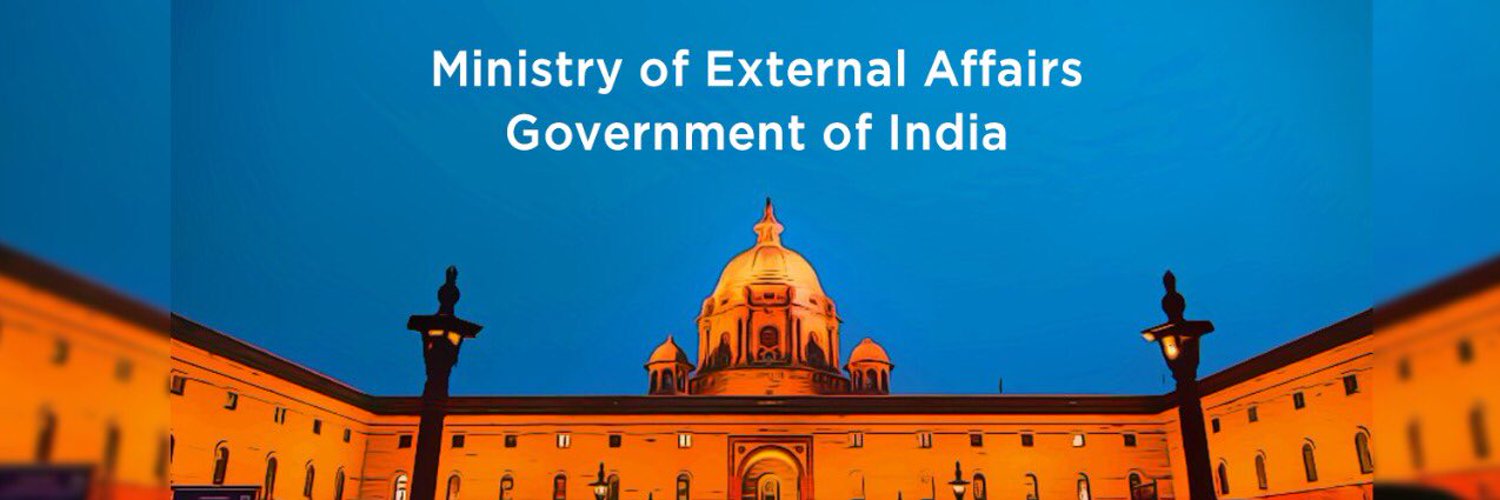The MEA has dedicated an Under Secretary level officer to handle the Toshakhana.
NEW DELHI: A gift is a reflection of the recipient, an age-old saying goes. Among the gifts submitted by government officials and ministers to the “Toshakhana” wing of the Ministry of External Affairs (MEA), in the January-April 2022 four-month period, are a copy of the music album by South Korean band BTS, a bottle of Chivas Regal whiskey, Glenfiddich whiskey, air purifier, box of cosmetics and a painting of a “dancing girl”.
Of the 84 such gifts that Indian diplomats and political heads received from visiting dignitaries and during their foreign tours, Foreign minister S. Jaishankar received the maximum 25 times, junior external minister V. Muraleedharan nine times, Prime Minister Narendra Modi seven times followed by former Foreign Secretary Harsh Vardhan Shringla, then Chief of Army Staff M.M. Naravane, commerce minister Piyush Goyal, Chief of the Air Staff V.R. Chaudhari, all of whom got six gifts which they deposited in the Toshkhana.
Revenue secretary Tarun Bajaj was given five such gifts followed by Defence minister Rajnath Singh (twice) who is the only politician in the list apart from PM Modi and MoS Muraleedharan. Rest all are bureaucrats, apart from army and air force officials. The MEA has a dedicated Under Secretary level officer who handles the Toshakhana.
The practice of officials submitting gifts to Toshakhana was started during the times of the Mughal empire and the arrival of the East India Company. When visiting foreigners presented “nazr” of gift to the Mughal emperor as an expression of loyalty and submission, the Emperor would respond by gifting these officials return gifts that were termed as “Khilat-sarapa” (“head to foot”) and included turbans, coats and jewels and jewelled daggers. The value of the “Khilat” was commensurate with the rank of the receiver.
Such gifts were required to be deposited by the receiving East India Company officials with the company repository or Toshakhana. The innocuous centuries-old concept to gifts being deposited in Toshakhana (Persian word for treasure house) or state repository has become a subject of international debate after it emerged that in neighbouring Pakistan, former Prime Minister Imran Khan and his wife, Bushra Bibi, allegedly retained hundreds of gifts worth over Rs 140 million Pakistani rupeesthat he got from dignitaries when he was the Prime Minister, which he later sold in the open market. Like in India, in Pakistan too, such gifts need to be deposited in the Toshakhana. Among the gifts the Khans allegedly embezzled and sold were three hand watches worth Rs 36 million Pakistani rupees.
Back home, the costliest among the presents that foreign dignitaries gave was a “small ring with carved idol of Lord Ganesha” that was submitted by PM Modi which was valued at Rs 81,000. A pearl pendant set that was given to the Toshakhana by Jaishankar has been valued at Rs 72,000.
As per the Central Civil Services (Conduct) Rules, 1964, Rule 13 which deals with “gifts”, such presents are classified into multiple categories—the first category includes presents which are symbolic in nature and not of any practical use, such as the Sword and the Ceremonial Robe presented by the King of Saudi Arabia. Such presents, if the recipient desires, can be retained by the recipients.
The second category includes presents of “trivial” value. “Trivial value” has been defined as those gifts whose value does not exceed Rs 20. In the case of presents from foreign dignitaries, the limit is Rs 200. Presents not exceeding this value can be retained by the recipients.
Then there is the third category that deals with gifts which do not come under either of the above categories.
As per the rule, “It has been suggested that the giving of presents by foreign dignitaries is not intended to influence the recipients in the discharge of their duties in favour of the donor. On the other hand, if such presents were to be handed over to the Government and the Government were to dispose of them by sale or otherwise, the information is likely to get known and the donors are bound to feel seriously offended. As many of the presents may have the names of the donors inscribed on them, their disposal by the Government would also cause some embarrassment. At the same time, it is undesirable from the service point of view to allow officers to retain expensive presents which they may happen to get by virtue of their official position. Taking all relevant factors into account, it has been decided that in respect of presents not covered by the two categories referred to earlier, the officers should be asked to deposit them at the government Toshakhana and the recipients may be given the option to purchase them from the Toshakhana at prices to be fixed by the authorities in-charge.
The presents which are not so purchased by the recipients will remain at the disposal of the Government to be utilized for such purposes as the Government may decide.
It is possible that some of these presents may be of cultural value, which could very well be handed over to a Museum or a cultural body, while others may be found suitable for being used as counter presents by Government or Government officials. Those which are not disposed of in this manner will be kept on deposit in the Government Toshakhana and may even be sold to persons other than the recipients in suitable cases, though indiscriminate sale should certainly be avoided for reasons already stated.”

